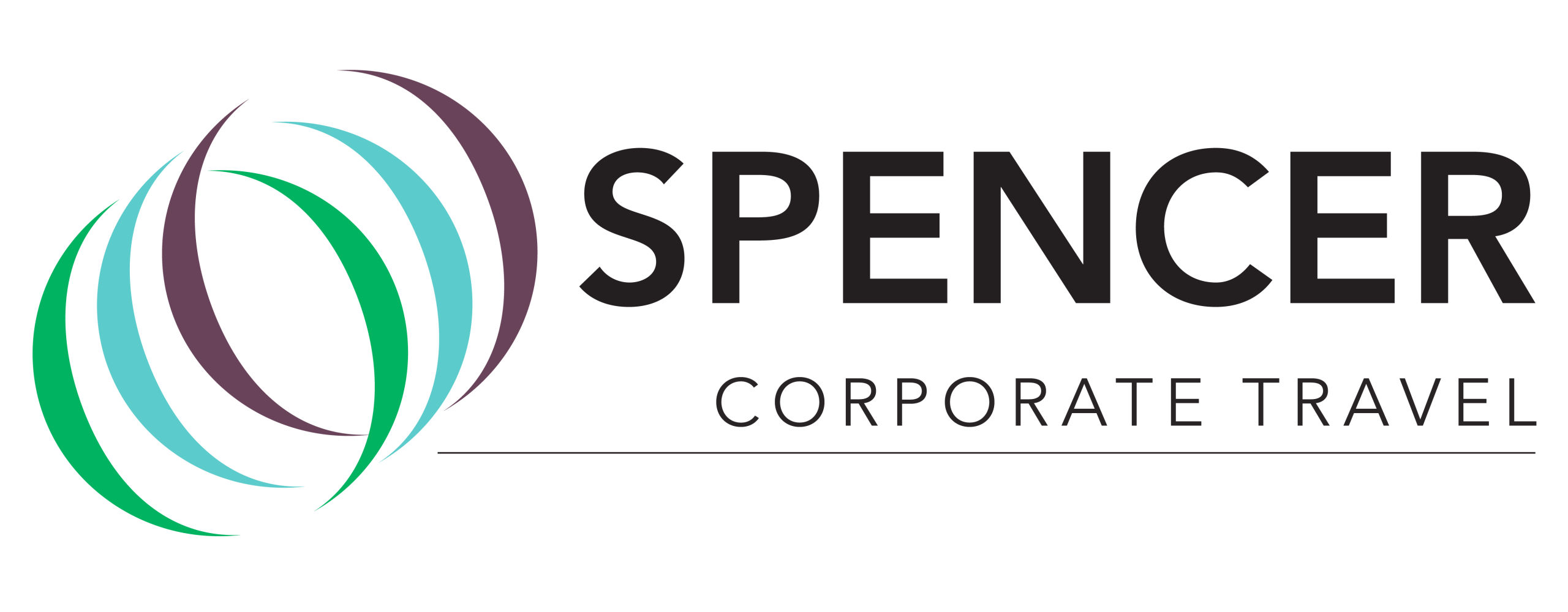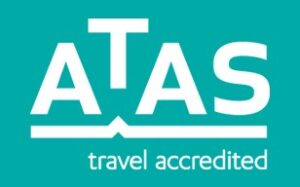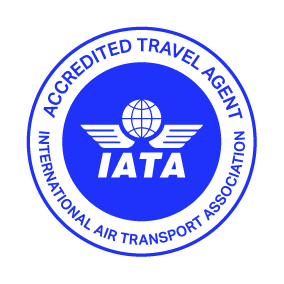Managing business travel expenses can be tricky for Australian employers, especially when it comes to understanding the tax rules set out by the Australian Taxation Office (ATO). To avoid costly mistakes and ensure your company stays compliant, it’s important to know what’s deductible and what’s not when it comes to business travel.
Let’s break down the ATO’s guidelines for business travel tax deductions and provide Spencer Travels tips to help employers navigate these rules.
What Qualifies as Business Travel?
Business travel is any trip taken for work purposes, whether it’s to meet clients, attend conferences, or handle other job-related tasks. But what exactly qualifies for a tax deduction for business travel under the ATO’s guidelines?
Suppose an executive flies from Melbourne to Sydney for a three-day client meeting. In that case, they can deduct expenses for airfares, accommodation, meals, taxis, and other related costs, as long as they are work-related.
The one caveat is the mix of business and personal. When employees mix personal holidays with business trips, only the expenses directly related to work are deductible. For instance, if the executive extends their stay for a personal vacation, the hotel and meals during the extra days won’t be deductible. Put simply, it can’t be a tax deduction for business travel if it’s unrelated to work.
Now that we know what business travel is, let’s look at what expenses the ATO allows businesses to claim.
ATO Guidelines for Business Travel Expenses
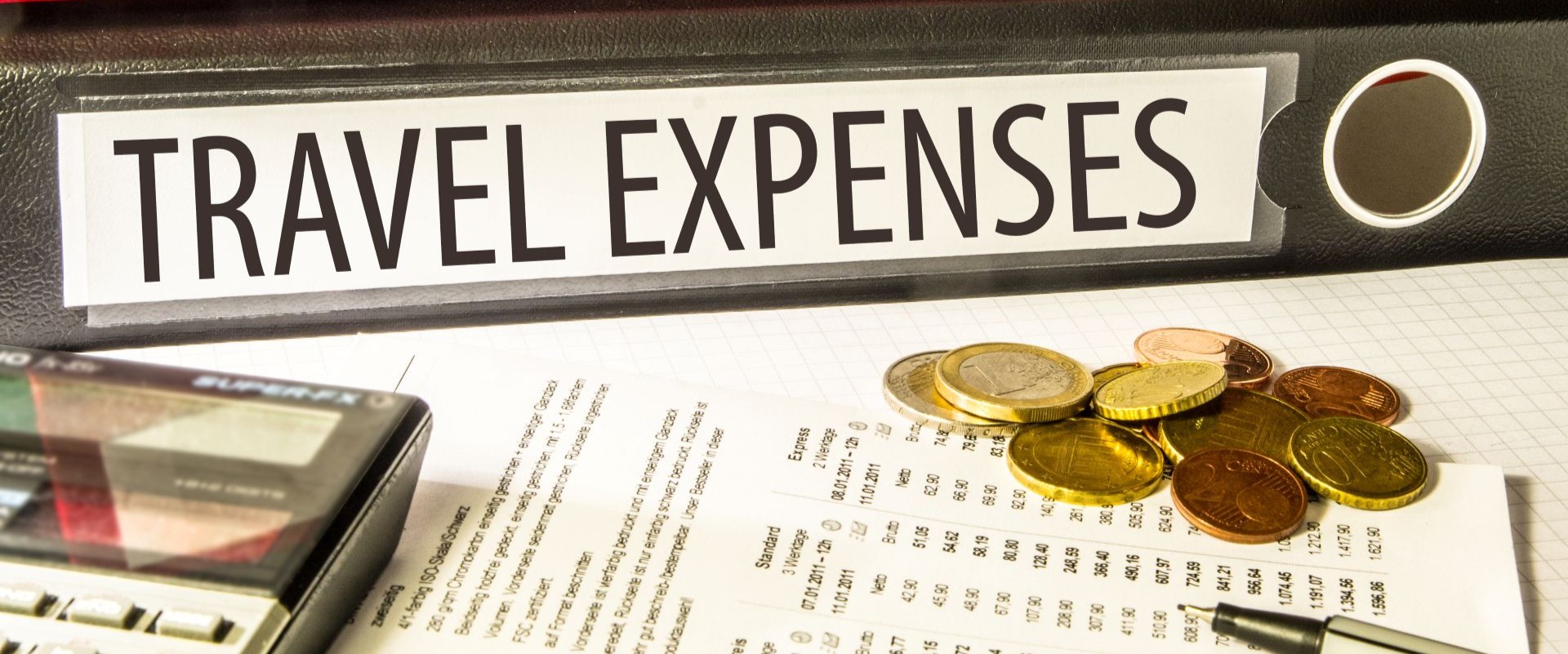
Deductible Business Travel Expenses:
- Airfares and Accommodation: Travel and lodging costs directly related to business purposes can be claimed (if you have a permanent home elsewhere.)
- Meals: Only if the employee is staying overnight.
- Local Transport: Taxis, public transport, and car hire are deductible.
- Incidental Costs: Minor expenses like internet fees or parking can also be claimed.
For example: Becky, a sole trader interior designer, travels to Broome for a two-week project. As she lives in Melbourne, she can claim the airfare, hotel stay, and business-related meals during the trip.
Non-Deductible Expenses:
Not everything related to your travel can be written off. As soon as you’ve clocked off, some costs, such as the following, are not deductible:
- Private travel (like sightseeing tours or family visits)
- A family member or partner joining you
- Souvenirs
- Entertainment and personal activities
- Travel insurance, visas, and passports
- Relocation costs
For example: While Becky can claim her airfare and accommodation for the Broome job, she cannot deduct expenses for sightseeing tours or dinners with friends during her trip.
Mixed-Purpose Trips:
There is a point where it gets complicated when business and personal activities overlap. As per the ATO business travel guidelines, businesses are required to separate business and private expenses.
For Example: Tom has been sent to a conference and has dinner with a colleague.
To claim the meal, it needs to be directly work related. If Tom’s dinner turns more social or personal, it may not qualify. To ensure his expense is claimable, their discussion should focus on business, and he should be able to provide documentation, like meeting notes or a summary of the business discussion, to support his claim.
Business Travel, LAFHA, and Relocation: What’s the Difference?
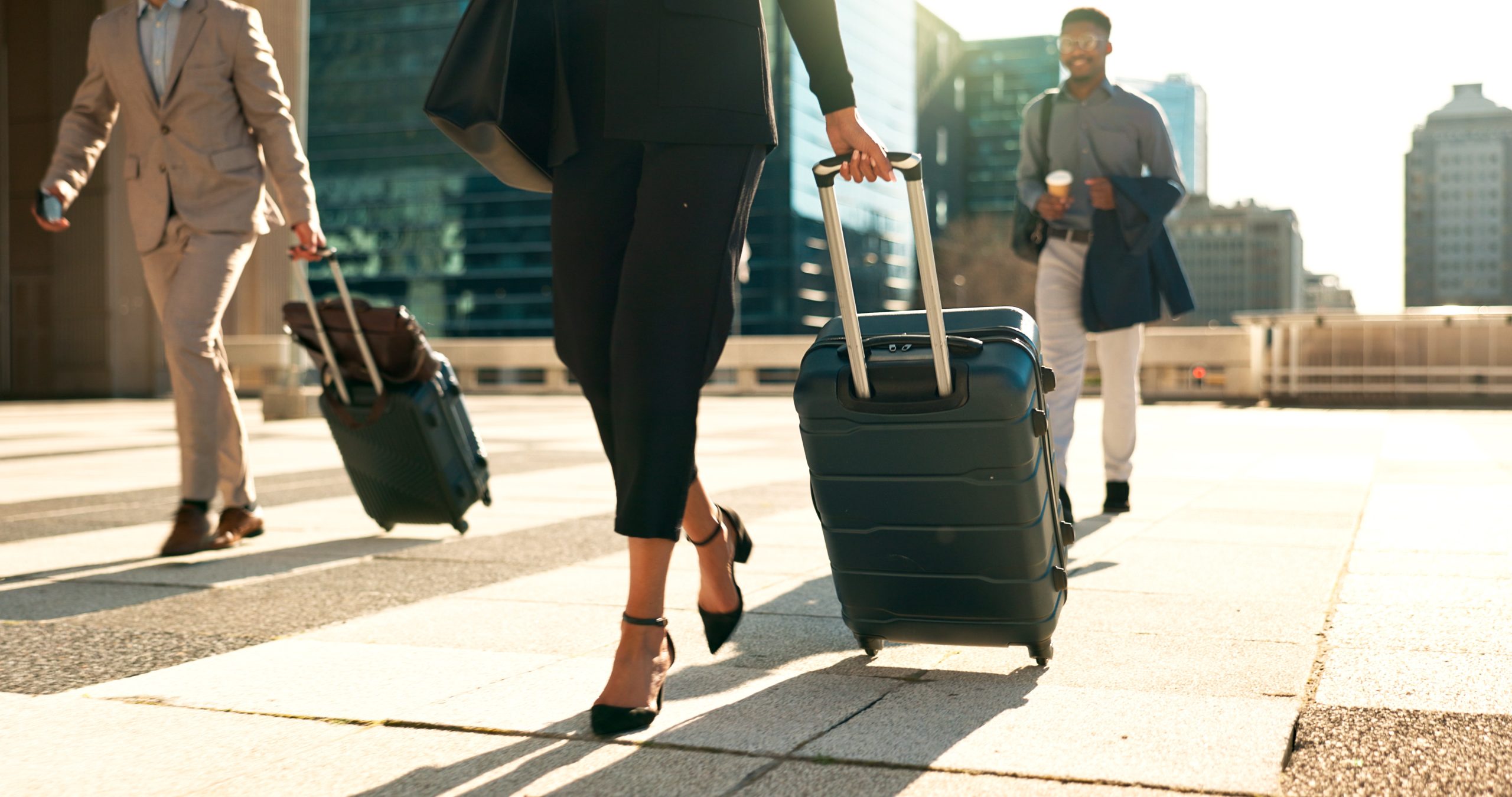
Understanding the difference between business travel, the Living Away From Home Allowance (LAFHA), and relocation is critical for determining tax treatment.
- Business Travel: Temporary travel for work, like attending meetings or conferences.
- LAFHA: Paid when employees are required to work away from their usual place of residence for an extended period.
- Relocation: Moving to a new permanent location for work.
For Example: If Jane is sent to another city for a short-term project with a return to her usual home, she’s on business travel—not LAFHA or relocation.
Each category has its own tax and Fringe Benefits Tax (FBT) implications, so employers should make sure they’re classifying trips correctly to avoid potential tax issues.
Record-Keeping and Documentation Requirements
To claim business travel tax expenses in Australia, employers must keep detailed records.
This includes:
- Receipts: Including boarding passes, invoices, tickets, accommodation, meals, and other expenses.
- Travel Diaries: A travel diary helps substantiate claims, showing the dates, times, and activities for each business task.
- Claims: How you worked out the private portion of expenses claimed.
For example: George keeps a detailed travel diary where he logs each meeting and business activity, helping him justify his claims during tax time.
Remember, you’ll need to keep these records for at least five years. Digital records are acceptable, but ensure they’re stored securely and accessible if the ATO requests them.
Recent ATO Updates and Areas of Focus
The ATO regularly updates its rules around tax deductions for business travel.
Recently, the focus has been on:
- Ensuring employers properly separate personal and business-related expenses.
- Tracking the rise in remote work and its effect on travel deductions.
- Auditing businesses that frequently claim large travel-related expenses.
Stay up to date with the ATO’s latest business travel guidelines and ensure your business complies with the most current tax laws.
Best Practices for Employers
Employers can take steps to ensure their employees understand the Australian business travel tax rules and avoid common mistakes.
- Develop Clear Policies: Create an internal policy outlining what’s deductible, what’s not, and how to claim expenses.
- Employee Training: Educate staff on keeping detailed records and submitting claims correctly.
- Common Pitfalls to Avoid: A major mistake is failing to separate business and private expenses, which can lead to denied deductions or ATO penalties.
Employees often mix personal holidays with business trips and submit all expenses together. This can trigger audits and tax penalties. To avoid this, use expense management software to automate the process and help employees stay compliant with the ATO’s rules.
If you’re a sole trader with simple taxation needs, the ATO’s myDeductions app can record business-related expenses for you.

